The interview was filmed during Autonomy Paris 2022, a trade show dedicated to sustainable mobility.
A few words from…
Elke Van den Brandt, Minister for Mobility, Public Works and Road Safety.
Hello, I am Elke Van den Brandt. I am the Minister for Mobility, Public Works and Road Safety in the Brussels region.
How did you fall into sustainable mobility?
For me, mobility was essential because by changing mobility you can really change the city. By changing mobility, we can have road safety.
We can make a city, in which a child of twelve years old can go out, can cycle, can walk, can take public transport without the parents being afraid. And for me, creating this city on the scale of a twelve year old child, that’s the future.
What are the major challenges that you are facing as the Minister of Mobility Brussels?
1. Regaining space in cities
Making sure that public space where people can meet each other, where children can play, where terraces can be, are reinvented. And we need to make other choices in mobility in order to do so, so we can reclaim a bit our cities.
2. Road safety
It’s also about road safety. Not having people killed or severely injured in our traffic. So Vision Zero is something where we’re very serious about. So we really want to reduce the risk for going into traffic.
3. Air quality and climate politics
Also crucial is air quality and climate politics. It’s essential that we change our cities, that we make them more resilient, make sure that we have more green, more nature in our cities.
How do you solve those problems in Brussels?
It’s on the one hand, making sure that traffic is canalysed on the main axes, making sure that traffic is not transiting all the neighborhoods where people live, where children play, but that they are canalysed through the main axes.
And on the other hand, it is about making sure that active modes are promoted better, that you can walk, you can cycle in city, that public transport remains attractive and grows, and so that a modal shift can really be implemented in Brussels as well.
What it’s like to be a woman in mobility?
Sometimes you are a rare bird on the table. I often find myself in situations where I am the only female. If we want to solve the problem, we need to look at it with a broad set of angles. So we need to look at it with different people, with different backgrounds, with different sexes, with different preferences.
And that’s the only way that we’re really going to make the best policies by making sure that inclusion is at the heart of politics, at the heart of mobility. And I think we have a long way to go there.
What are the trends you see in sustainable mobility?
I think there’s a lot to do about autonomous vehicles, about electrification, about safe infrastructures. It’s all insurance. But for me, every new technology needs to be at the service of a better city.
It’s also about making sure that road safety is really implemented. So making sure that every new technology that you can use for the better, is used for the best.
What is your favorite mode of transport to go to work as the Minister of Mobility Brussels?
I often cycle to work because for me it’s the fastest way to get to work and it’s the best way to be in a good mood, because if you cycle, you work, you’re in a better mood, you’re in a better health.

